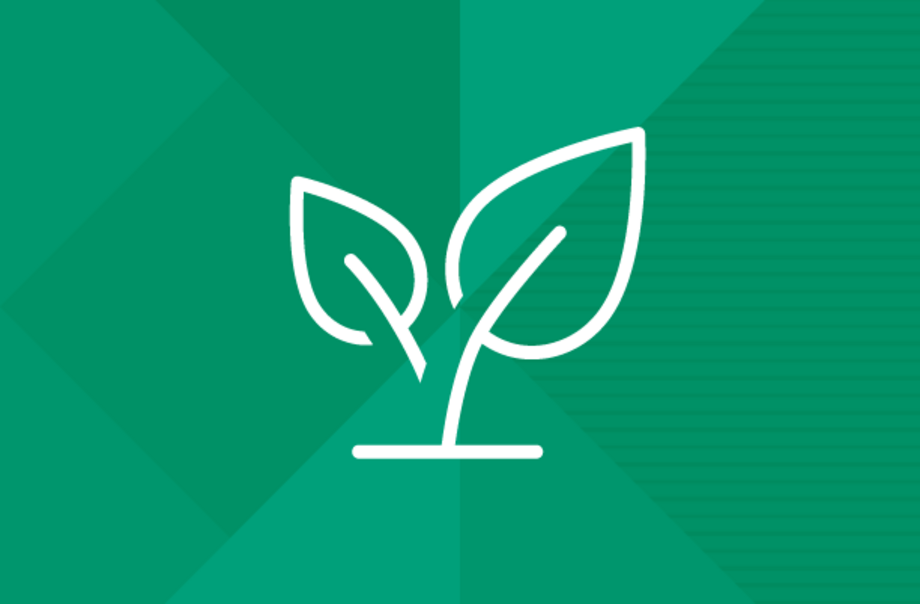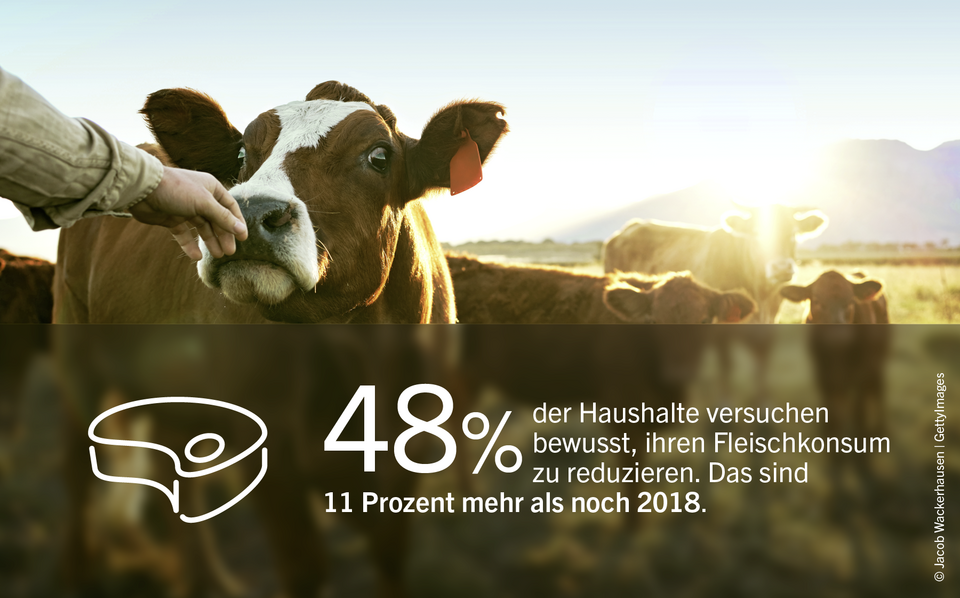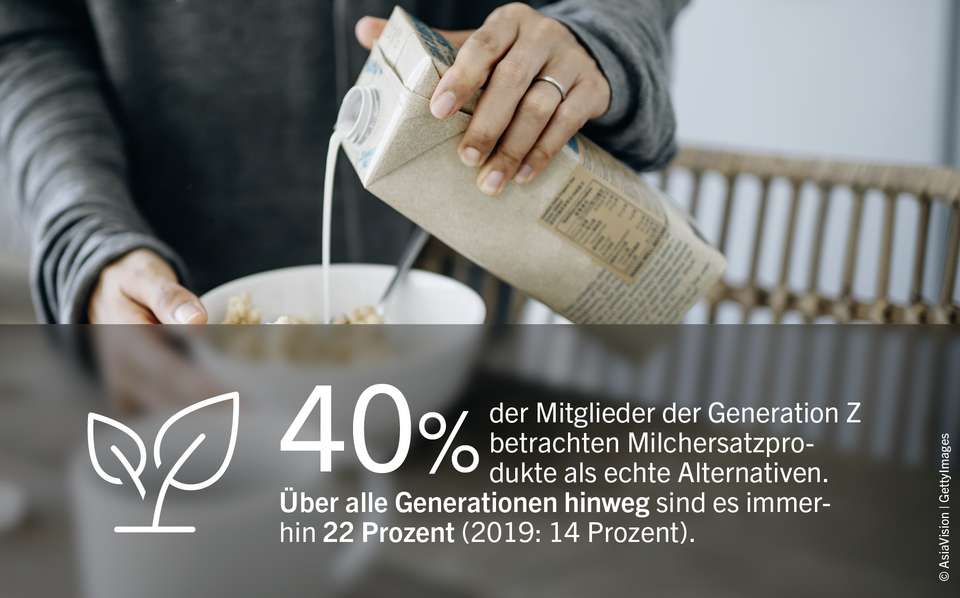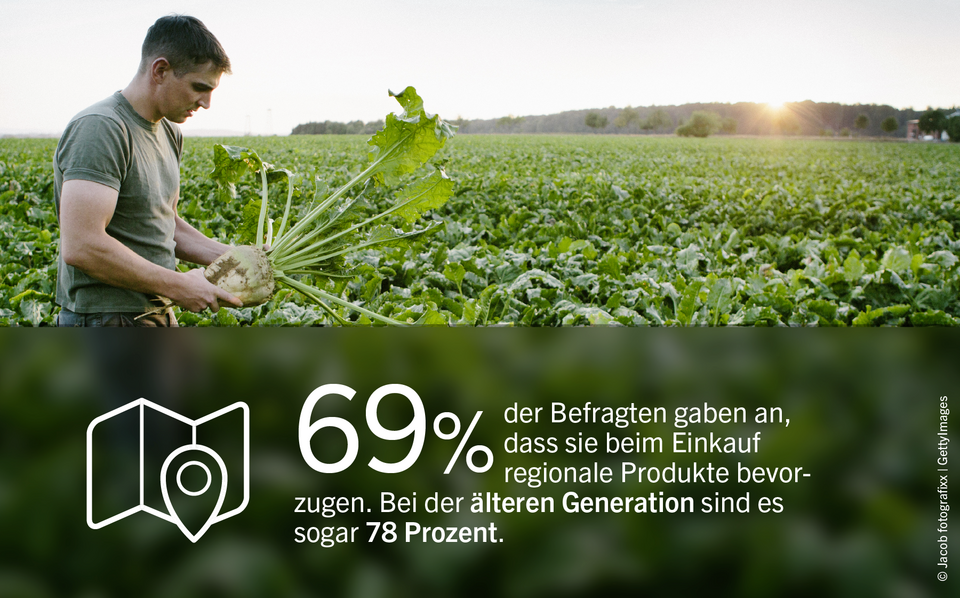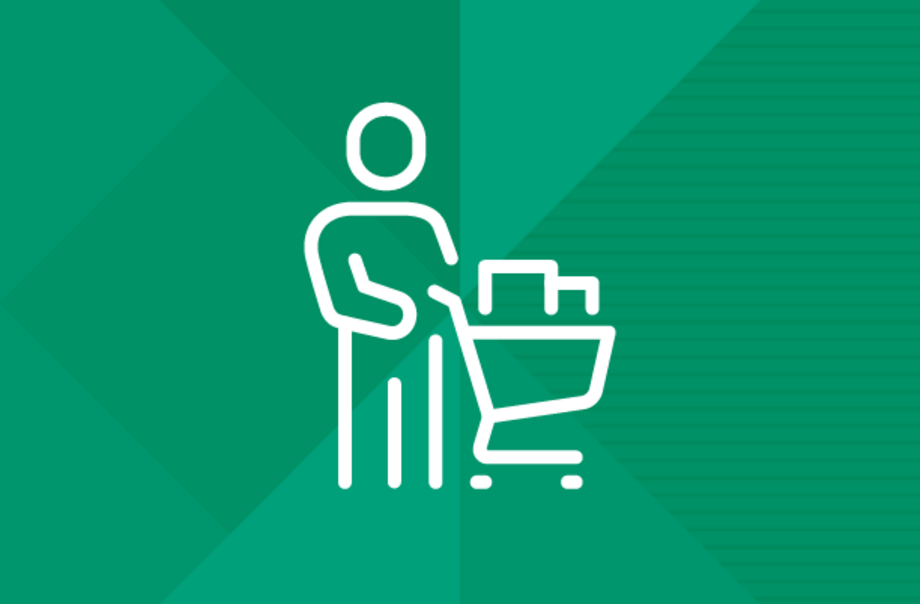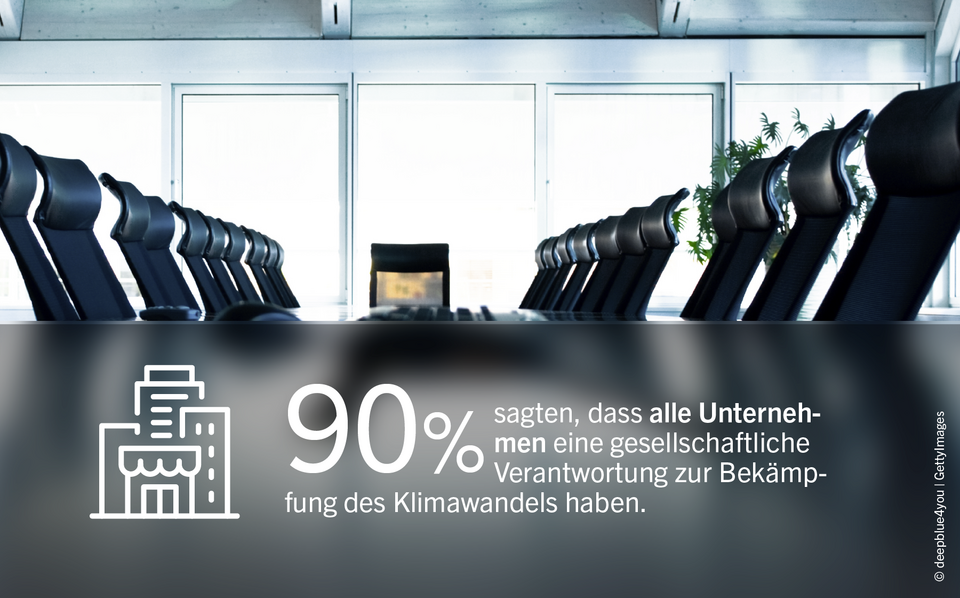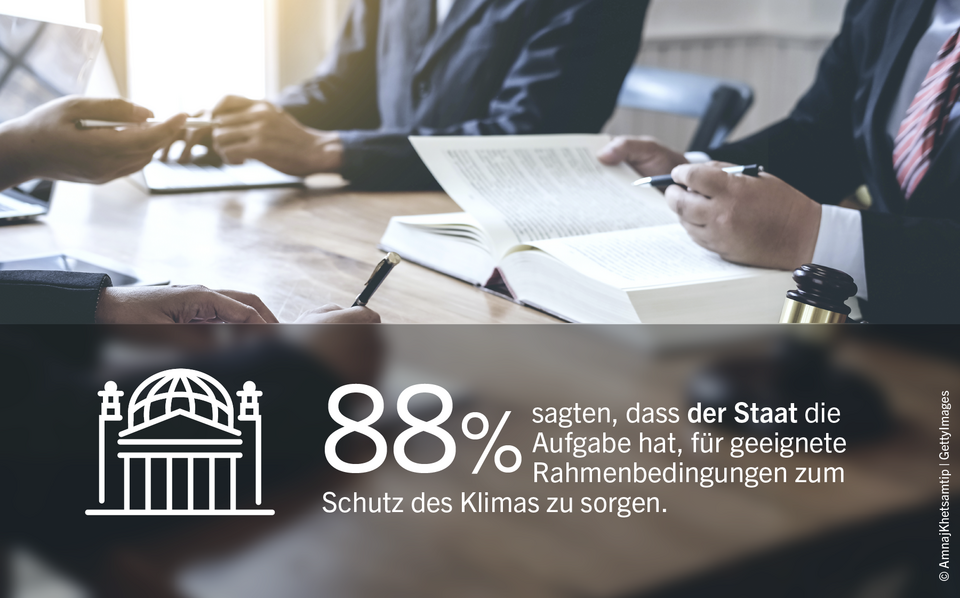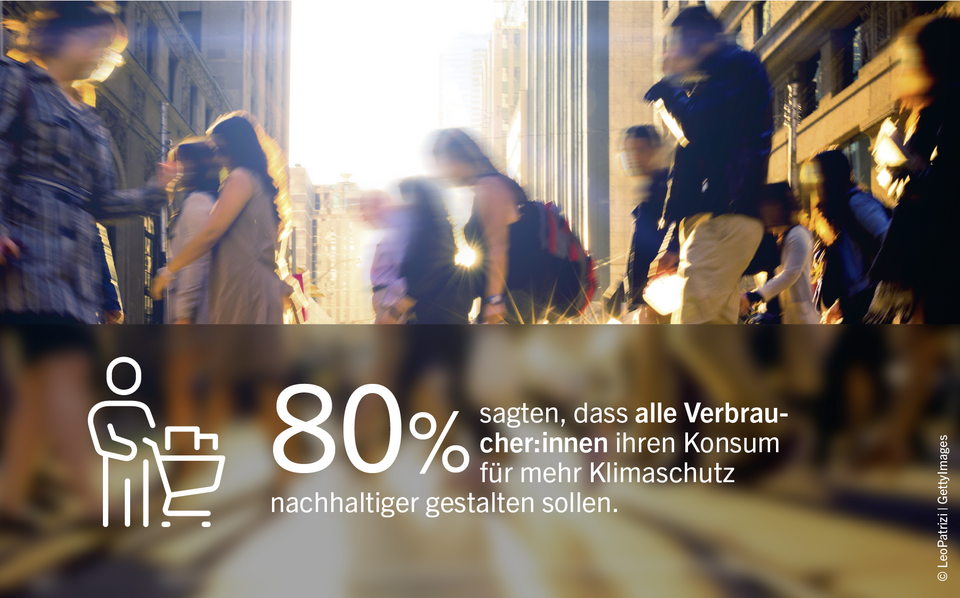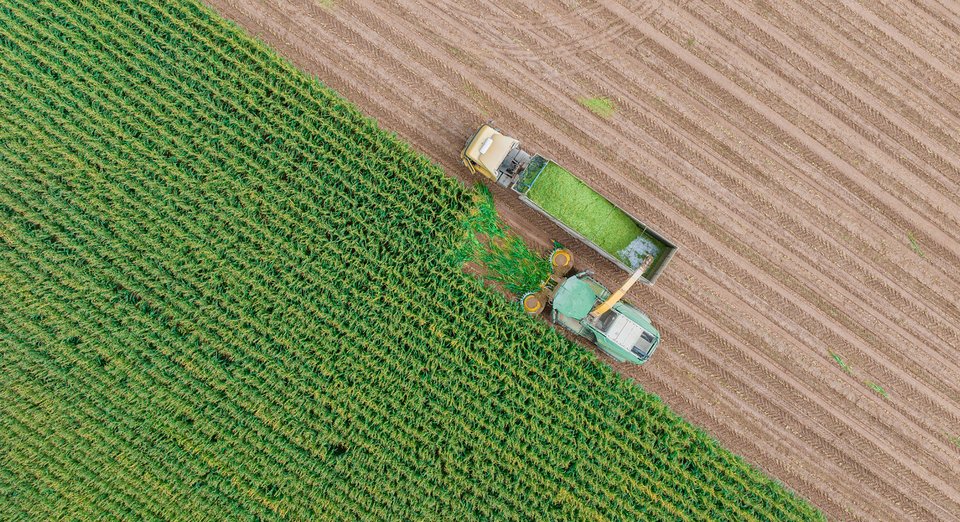
How have consumers' preferences and purchasing behaviour with regard to more sustainable food developed in the face of successive crises? A joint study by REWE Group, GfK Consumer Panel Services and the German Sustainability Award Foundation has investigated this question. The results give cause for long-term confidence.
Sustainability products remain in vogue across all generations. Even if the inflation-induced need to save in German households has recently led to a slowdown in this trend.
"The last few years, with health, economic and political crises in ever faster succession, have demanded a great deal from people - both personally and economically. The fact that, in such an uncertain environment, more sustainable food continues to be a major concern for many consumers clearly shows that the glass is half full, not half empty. This is a consistently good, stable basis on which we will continue to consistently and systematically expand our sustainable offering for our 50 million customers every week - also based on the results and assumptions of the study," emphasises Dr Daniela Büchel, REWE Group Board Member for Human Resources and Sustainability.
Based on 30,000 households, the study examined preferences and purchasing behaviour since 2018 with regard to organic, meat, meat-analogue products, dairy alternatives and regionality. The findings, broken down by consumer generation and financial type, were supplemented by an ad hoc survey conducted by Consumer Panel Services GfK for REWE Group on attitudes and values relating to climate and reusable products.
This is how consumers feel about meat substitutes and regionality
Growing relevance driven by younger generations
By 2021, sustainable consumption of organic, meat-analogue products, dairy alternatives and regional products had experienced an upward "lift effect", so to speak, which is also reflected in the significant increase in spending - to varying degrees depending on the generation and household income. The inflation-related savings measures taken by many consumers have now noticeably weakened this trend, but have definitely not reversed it. This is because the long-term trend towards more sustainable products is unbroken across all generations, with the increasing relevance and demand being driven primarily by the younger Generation Z and millennials.
Consumers are also still willing to pay more for more sustainable products. However, the personal budget limits for this have shifted slightly downwards again in some cases since 2022: organic has arrived in the centre of society to stay, but customers are now increasingly turning to cheaper retail brands. In times of tighter wallets, the product itself is often more important to consumers when making a purchase decision than the willingness to pay more for sustainable packaging. The development of dairy alternatives and meat-analogue products is also stagnating after rapid growth in the years up to and including 2021. However, the authors of the study see further potential for demand growth in the long term.
What consumers expect from companies, the state and other consumers
Need for information and positive perspectives
So what is the conclusion of the study? People have recognised Sustainability and climate change as major current challenges. However, there is a great need for information regarding the influencing factors, emission drivers and their own options for action in terms of nutritional and consumer behaviour. "The study provides us with approaches as to what drives people to make their purchases more sustainable. And what information they need to make consciously sustainable decisions. This can support the development and marketing of sustainable products and make them more targeted," says Dr Otto Schulz, Management Board of the German Sustainability Award Foundation. "And we need to win over consumers with a positive outlook for the future, especially in challenging times. Making the enriching aspect of more sustainable consumption tangible - for individual quality of life, personal diet, enjoyment, the environment and social coexistence. Instead of offering purely functional, technical and financial solutions to problems," emphasises Dr Robert Kecskes, Senior Insights Director Germany, Consumer Panel Services GfK.
The study was presented for the first time as part of the German Sustainability Award on 24 November 2023. All study results in detail can be found here.
- Across all generations, there is a long-term trend in preferences and purchasing behaviour towards more sustainable products.
- The weakening of this trend from 2022 is due to economic circumstances.
- The relevance and demand for more sustainable products will continue to increase in the future - driven primarily by the younger generations, Gen Z and millennials, and their consumer preferences.


